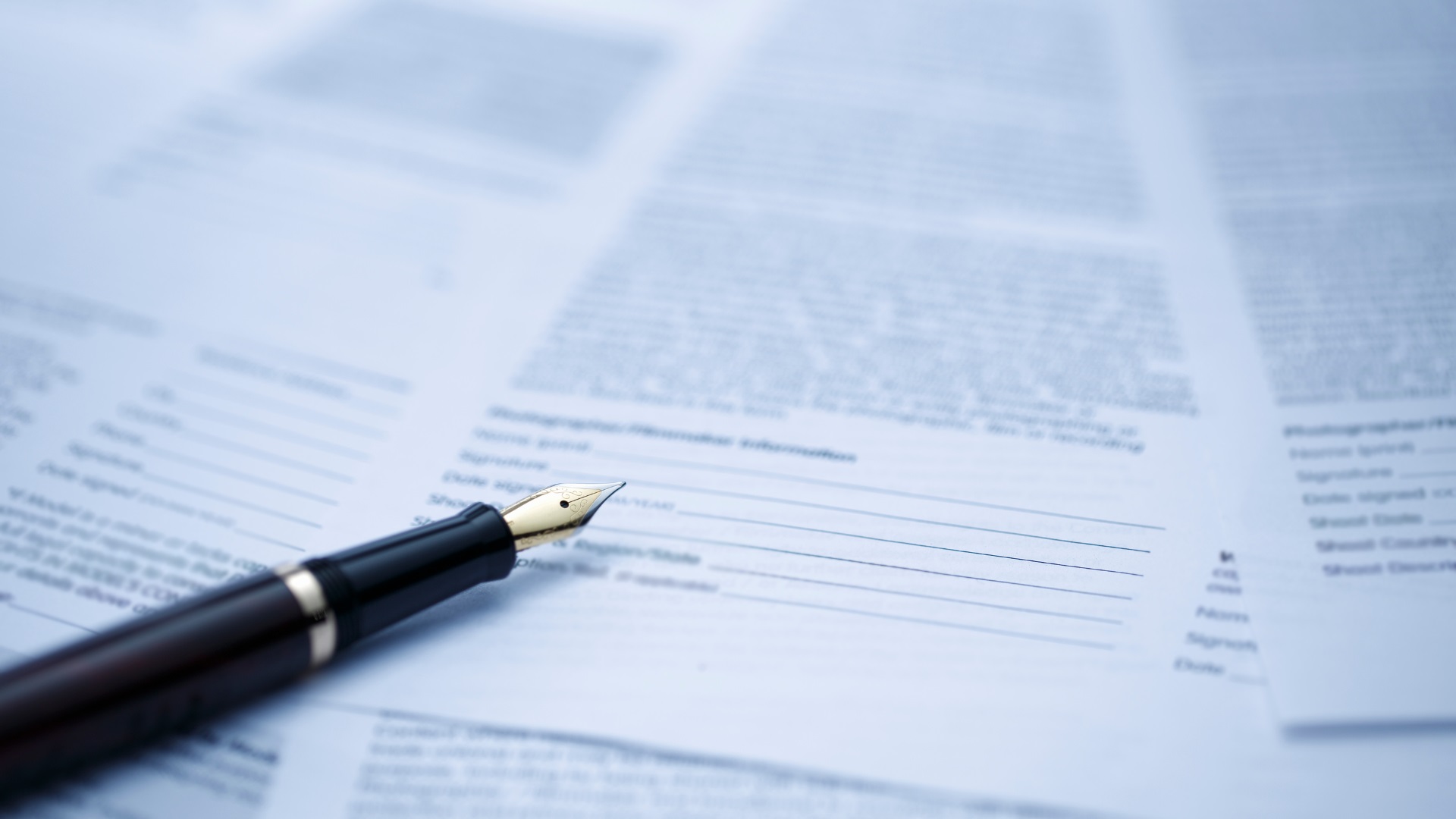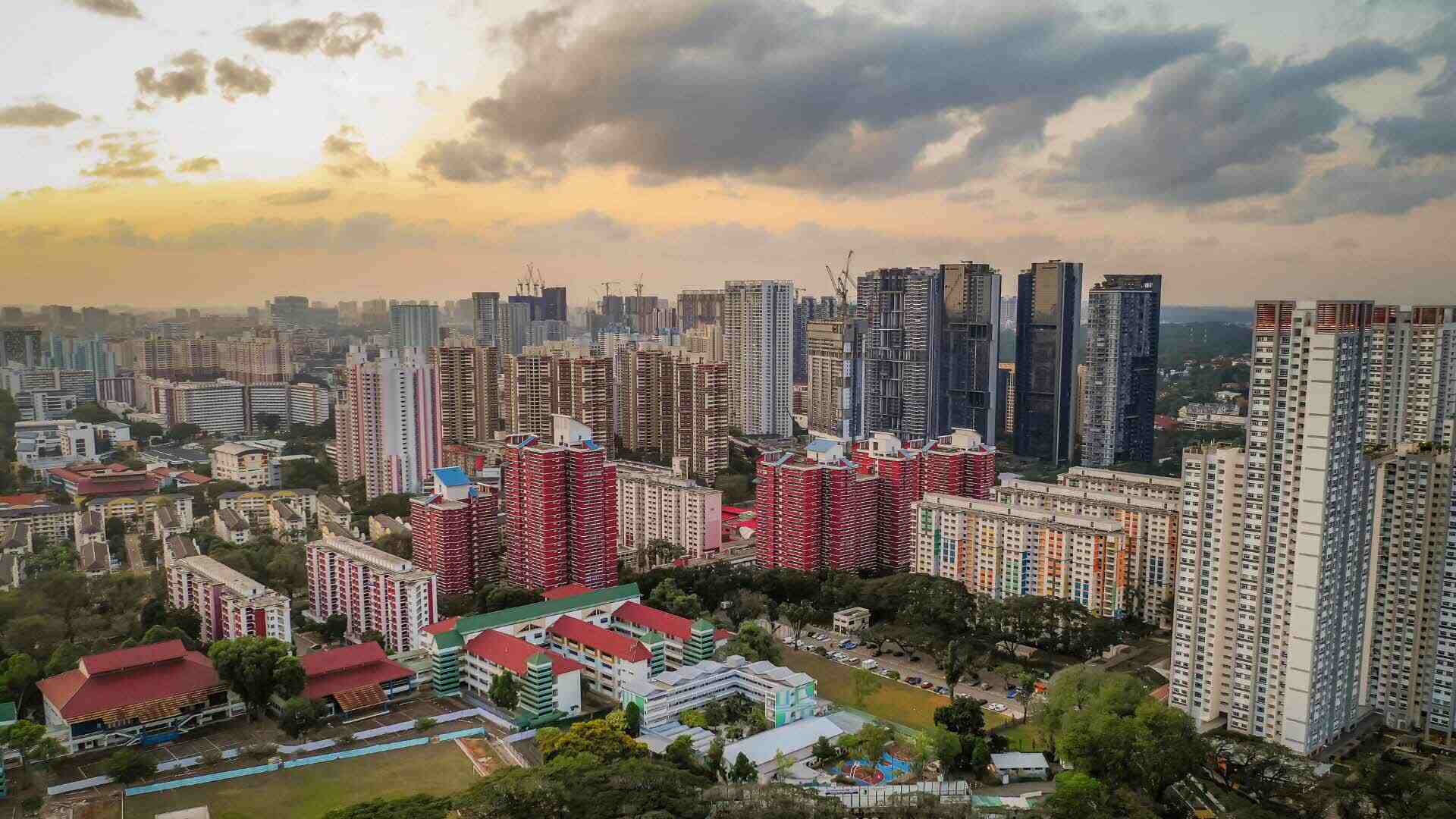
Corrections regarding falsehoods published by Mr Kenneth Jeyaretnam on 25 May 2024
False statement that the Prime Minister and Minister for Law can influence the size of performance bonuses paid to specific High Court judges
min read
Published on 29 May 2024
The post published on Facebook by Mr Kenneth Jeyaretnam on 25 May 2024 contains falsehoods.
The Facebook post states that the Prime Minister and Minister for Law can influence the size of performance bonuses paid to specific High Court Judges. This is untrue:
- Under Article 98(6) of the Constitution, the Legislature shall by law provide for the remuneration of the Supreme Court Judges. The Judges’ Remuneration Act 1994 sets out the framework for the salaries, allowances and privileges accorded to Supreme Court Judges as a class. The annual pensionable salary of Supreme Court Judges as a class is fixed by law.
- It is the Chief Justice who then determines the salary and bonuses to be paid to each Supreme Court Judge, within the scope of the framework set out in law.
- Neither the Prime Minister nor any Minister can determine or influence the payments to be made to specific Judges under this framework.
- Further, the Constitution provides that a Supreme Court Judge’s remuneration and other terms of office shall not be altered to his disadvantage after his appointment.[1]
Mr Jeyaretnam’s allegation is thus false.
Additional Clarifications
Mr Jeyaretnam’s Facebook post makes other statements which are misleading and give an inaccurate picture.
Judicial Appointments
The Constitution governs the process for the appointment of Supreme Court Judges, including their appointment to a higher court. Supreme Court Judges are appointed by the President, acting in his discretion, if he concurs with the advice of the Prime Minister. The Constitution requires the Prime Minister to consult the Chief Justice before tendering his advice on the appointment of Judges to the President.[2] In putting forward names, a wide variety of people may be and often are consulted. Such persons will include lawyers in private practice, lawyers in Government, as well as others who may have knowledge of the persons being considered for appointments.
Once appointed, the Constitution guarantees the security of tenure and remuneration of the Supreme Court Judges.[3] Judges may only be removed on grounds prescribed in Article 98(3) of the Constitution, and only pursuant to the recommendation of a tribunal of at least five persons who hold or have held office as Supreme Court Judges, or who hold or have held equivalent office in any part of the Commonwealth.
Apart from Supreme Court Judges, the Constitution also sets out the process for the appointment and promotion of officers of the Singapore Judicial Service. This is within the exclusive control of the Judicial Service Commission, which is headed by the Chief Justice.[4]
By omitting these critical facts about the judicial appointment process, Mr Jeyaretnam seeks to undermine public confidence in the judicial system and the many men and women of Singapore’s Judiciary and the Singapore Judicial Service.
Defamation Law
Mr Jeyaretnam says that defamation laws only serve to protect those in power.
This is inaccurate.
People should be entitled to protect themselves against false allegations against them which affect their reputations. In Singapore, the protection afforded by defamation law applies equally to everyone. A notable example is Mr Chiam See Tong, one of Singapore’s most respected opposition politicians. Throughout his career, he rigorously scrutinised the Government and those in power and has never been sued for defamation. In fact, he has taken action against others, including two former Government Ministers, for defaming him. The Ministers apologised and reached an out-of-court settlement with him.
Conclusion
Mr Jeyaretnam has repeatedly published false and misleading statements. This is the seventh correction direction issued to him. His latest post continues to propagate false and unfounded statements, reflecting a deliberate intent to undermine our public institutions.
The Minister for Culture, Community and Youth and Second Minister for Law, Edwin Tong, has instructed the POFMA Office to issue a Correction Direction to Mr Jeyaretnam. The Correction Direction requires him to insert a notice against the original post, with a link to the Government’s clarification.
[1] See Art 98(8) of the Constitution.
[2] See Art 95(1) read with 95(6) of the Constitution.
[3] See Art 98(1A) and (8) of the Constitution.
[4] See Art 111B and 111F of the Constitution.
Related Article
Most Popular
Cost-saving Tips and Hacks
What You Need to Know: gov.sg SMS Sender ID
What You Need to Know: The GST Rate from 1 January 2024
Singapore: Is it really the most expensive place to live?
Updates to Health Protocols
Is it true that I have to pay GST on items purchased overseas?
Support for Seniors
Corrections regarding falsehoods published by Mr Kenneth Jeyaretnam on 25 May 2024
Clarifications on Unrealistic $2 Million HDB Flat Listings
Clarifications regarding Security Progressive Wage Model
We use cookies to tailor your browsing experience. By continuing to use Gov.sg, you accept our use of cookies. To decline cookies at any time, you may adjust your browser settings. Find out more about your cookie preferences here .
















